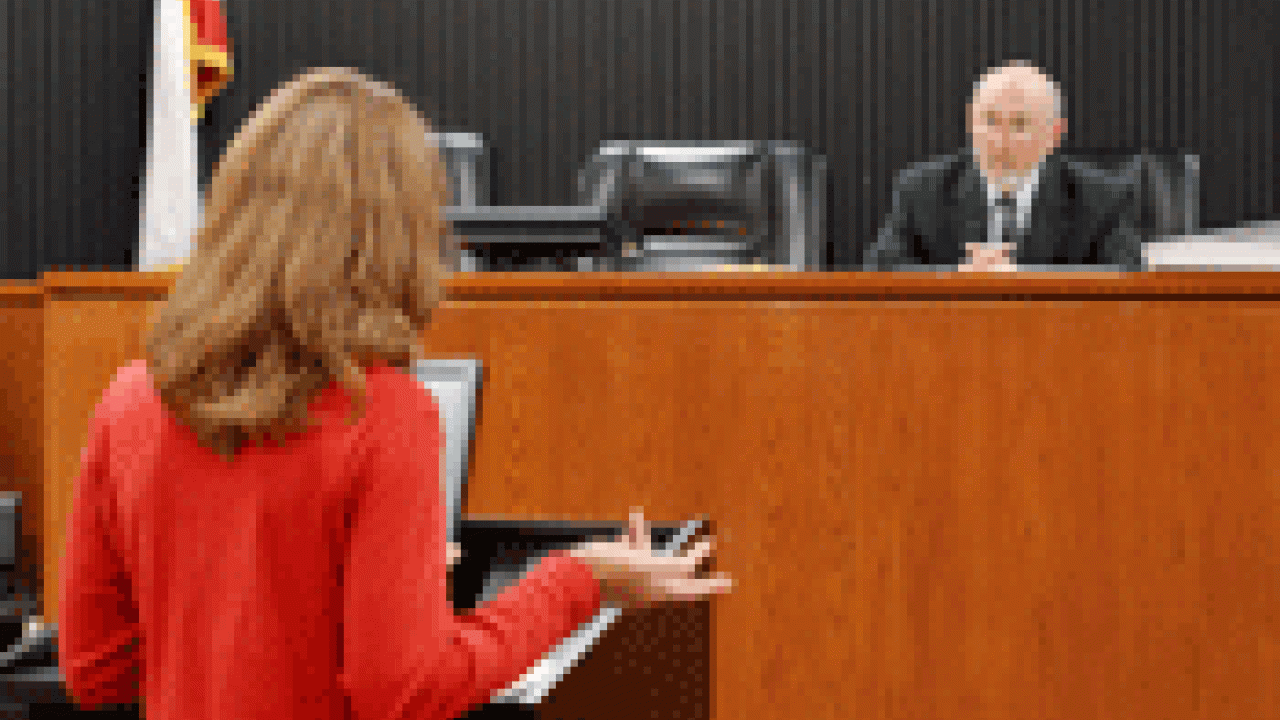Each summer the UC Davis law school becomes a miniature United Nations. This year 106 law professionals and students from around the world have come to Davis to spend a month learning about U.S. and international law with the hopes of applying their knowledge and new perspectives to help their countries succeed in the global arena.
Coordinated with UC Davis Extension, this year's International Law Program includes 21 Fulbright students, chosen for their ability to exchange ideas and develop solutions to shared concerns.
For the first time in the program's 14-year history, Fulbright fellowships have this year made it possible for legal professionals from developing African nations to attend.
Abdoulaye Sangare, an attorney and Fulbright student from Mali, said, "There is a great need in Africa to harmonize the laws among its countries, and the U.S. has set an example with its 50 states, whose laws and regulations work in conjunction with federal law.
"American law is also at the heart of much of the business done around the world, so there's a need to synthesize Mali's commercial laws and regulations with those of the United States so that foreign investors are more willing to do business in Mali."
The reputation of the U.S. educational system also attracts students, for instance Saud Alarifi of Saudi Arabia. Alarifi believes American universities are the best in the world. "Here you learn to think," Alarifi said. "And it's not just from the professors, I'm learning from my classmates as well."
Students also said they are enjoying the relaxed and friendly atmosphere of Davis where, as one academic commented, everyone is a minority.
Maimul Khan, a visiting UC Davis professor from Bangladesh, who also is pursuing a master's degree in international commercial law, is focused on the connection between human rights and international law.
"Poverty, inequality and environmental degradation are closely linked," he said. "The interests of third-world countries must be represented in the international arena if we are to protect human rights. This kind of dialogue is critical because Americans must also learn why it is that they are not liked in many parts of the world."
After the July and August International Law program is complete, Sabine Wrede hopes to return to Germany with a greater understanding of environmental and corporate liability law. She and several classmates are spending three consecutive summers earning master's degrees through a related, intensive, 36-unit program, which includes coursework in financing international transactions, dispute resolution, structuring joint ventures and tax law. "It's a great program," Wrede said, "because you don't have to quit your job to go to school for nine months."
Students also stay in touch with their counterparts throughout the year, Wrede said, noting: "These are contacts I hope to have for many years."
El Hadji Sow, a judge and Fulbright student from Senegal, said that kind of networking is essential. "We need people who are friends and who utilize an international code of justice," Sow said.
Different legal traditions and systems require more knowledge and skill to reconcile laws from country to country. The truth is legal systems are not the same throughout the world. Some, like those in Mali, are based on continental law -- which, in Mali's case, was inherited from colonizing France. Other systems, like Turkey's, are similar to those of the European Union.
And in Italy, case decisions are not as binding.
Alessandro Piermanni, an attorney from Milan, noted: "Juries are rare in Italy, and judges have a great deal more freedom and power than in the United States."
This can be both good and bad, he said. There is more confidence in knowing that judgements are based on a certain degree of expertise; but it also leaves much legal interpretation up to each judge.
Students of the International Law Program and master's degree in International Commercial Law were in Davis until Aug. 1., when they moved on to Berkeley's Boalt Hall to complete their coursework.
For more information about international law programs, call (530) 757-8694 or e-mail bgreenwo@unexmail.ucdavis.edu.
